Overly cautious management will stifle innovation.
I agree with the need to promulgate the Law on Digital Technology Industry. This is an important bill to institutionalize Resolution No. 57-NQ/TW of the Politburo on science and technology development, innovation and national digital transformation.
In the context that the National Assembly is assigned to perfect the institutions of this field in 2025, the law will create a solid legal foundation, bring the Party's policies into life, and promote the digital technology industry to become a driving force for the country's economic growth.
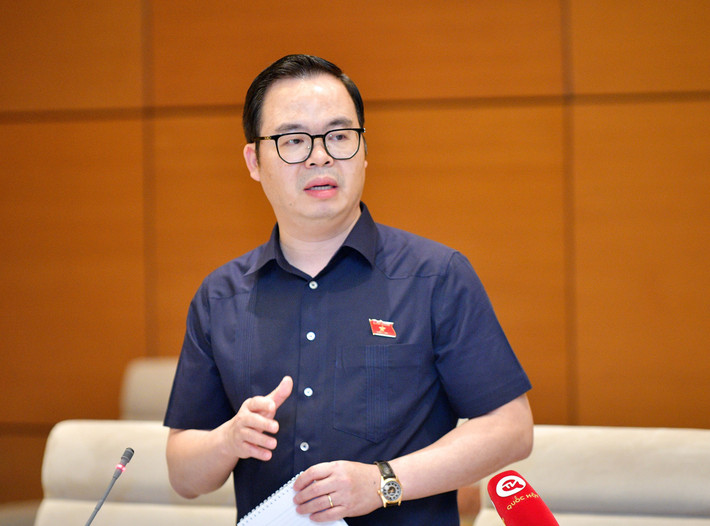
The review report of the Committee on Science, Technology and Environment has presented quite comprehensively the contents and viewpoints of the review agency on the draft Law. However, I would like to propose 3 more issues that need utmost attention to complete the draft Law before submitting it to the National Assembly for approval.
Firstly, Resolution 57 requires innovation in management thinking, avoiding the mindset of "if you can't manage it, ban it", paving the way for new technology through a controlled pilot mechanism.
The draft has made progress with the regulation of the testing mechanism (Chapter V), but the scope of testing is too narrow (Article 42), leaving out many innovations; at the same time, it lists many prohibited acts very generally (Article 12) and imposes a number of additional business conditions. This overly cautious management will stifle innovation, making businesses hesitant to experiment with new technologies in Vietnam.
I recommend expanding the sandbox to all new digital technology products and services that are not yet regulated by law; simplifying the testing approval procedure; and removing unnecessary prohibitions and conditions.
At the same time, it is necessary to empower the Government to temporarily allow piloting of new technologies and models that have not been regulated by law (report to the National Assembly later) in order to promptly seize development opportunities.
Second , Resolution 57 considers digital data as a strategic resource, requiring "making data the main means of production" and developing the data economy. The draft law does not clearly demonstrate this policy: the regulations are mainly on technical management, and there is no mechanism for sharing and effective exploitation. For example, there are no provisions promoting the opening of public data or the development of the data market.
This cautious approach leads to untapped "data gold mines", businesses lack raw materials to develop artificial intelligence, reducing competitiveness.
I propose to add regulations to promote the data economy: the principle of "open data" and data sharing between state agencies and enterprises; forming data centers and exchanges. At the same time, the Government is assigned to regulate the list of open data and the mechanism to ensure safety and privacy when sharing data, thereby creating momentum for the data industry to develop in accordance with the spirit of Resolution 57.
Need to add breakthrough talent policies
Third, Resolution 57 requires special policies to attract and utilize domestic and foreign technology talents with breakthrough mechanisms. The draft Law has raised this issue (Article 25) but it is still general, not specifying outstanding incentives.
For example, there are no regulations on exemption or reduction of personal income tax for high-tech experts, or facilitating long-term residence procedures for foreign experts. There is also a lack of policies to attract good students to strategic technology industries. These limitations make it difficult for us to compete for brainpower, and high-quality human resources continue to be in short supply.
I recommend adding breakthrough talent policies: exemption and reduction of income tax for technology experts; simplification of residence procedures for foreign experts; and increased support for training digital technology talent. These solutions will institutionalize the orientation of Resolution 57, creating an advantage for Vietnam in competing for high-quality human resources.
I propose that the National Assembly consider accepting the recommendations and amending the draft Law on Digital Technology Industry, ensuring that this law truly and effectively institutionalizes Resolution 57, creates breakthroughs, promotes national digital transformation and enhances the country's competitiveness.
Source: https://daibieunhandan.vn/the-che-thanh-loi-the-canh-tranh-luat-cong-nghiep-cong-nghe-so-cu-the-hoa-day-du-nghi-quyet-57-post408273.html


![[Photo] General Secretary To Lam chairs a working session with the Central Internal Affairs Commission](https://vphoto.vietnam.vn/thumb/1200x675/vietnam/resource/IMAGE/2025/5/22/3b7790f499da45b2803d8ae253207ef1)
![[Photo] Prime Minister Pham Minh Chinh chairs the Government's special meeting on law-making in May](https://vphoto.vietnam.vn/thumb/1200x675/vietnam/resource/IMAGE/2025/5/22/1c880aae96fd4e0894abc47a46fe19ba)


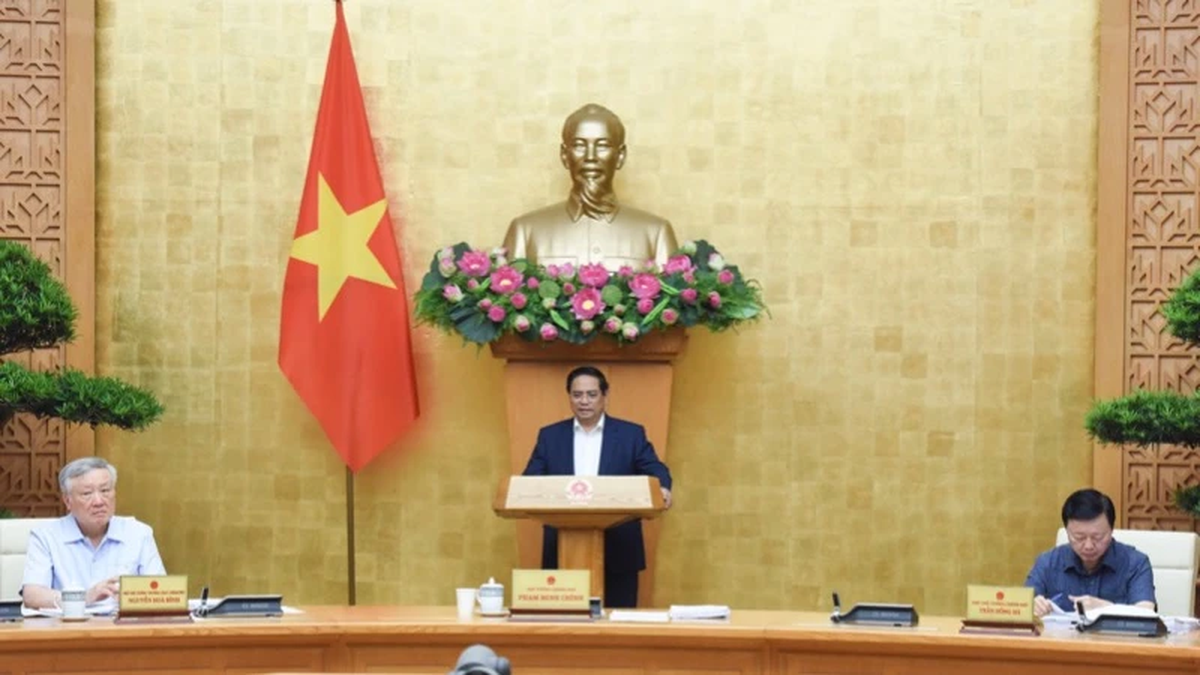




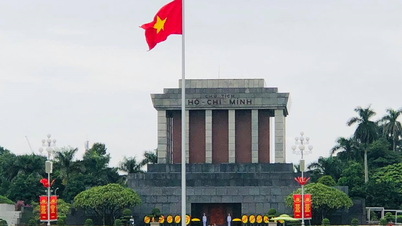



















































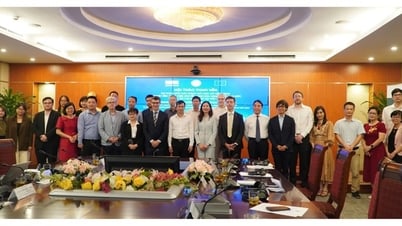



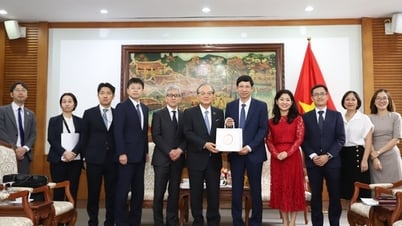







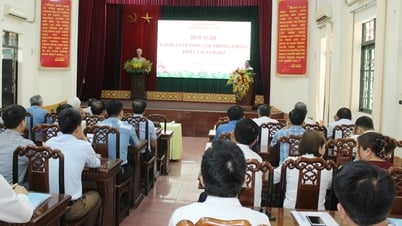










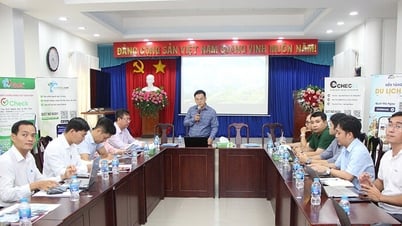



Comment (0)